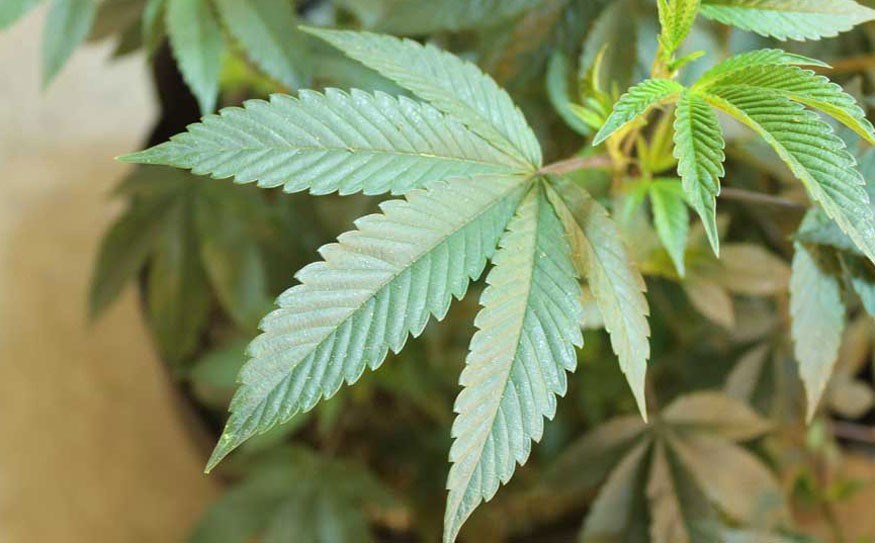With medical marijuana growing laws changing in 2014, Canada's health minister, Leona Aglukkaq, has written about why the federal government wants to get out of the business of licensing growers.
The change, due to take effect in March 2014, effectively privatizes and corporatizes medical marijuana crop growing.
Aglukkaq said in the statement, shared to Canadian media, that:
"When the Marijuana Medical Access Program was introduced in 2001 in response to a court decision, the number of people authorized to use marijuana for medical purposes stood at less than 500. Over the years that number has grown to more than 30,000. As a result, costs to taxpayers have continued to climb as Health Canada heavily subsidizes the production and distribution of marijuana for medical purposes."
She expressed concern that those with permission to grow it at home "has added to public health, safety and security risks as criminal elements have abused the system."
"The government's goal is to treat dried marijuana as much as possible like other narcotics used for medical purposes under the MMPR (Marijuana for Medical Purposes Regulations) by creating conditions for a new, commercial industry that will be responsible for its production and distribution. Health Canada will return to its traditional role as a regulator."
New security and quality control requirements will, Aglukkaq added, make it harder for medical marijuana to be funnelled into the illegal drugs trade.
Patrick Smyth of Rebagliati's Gold, the medical marijuana coffee shop company being set up in Whistler by Olympic gold medal-winning snowboarder Ross Rebagliati, believes Aglukkaq's views are a good summary of the government's position.
"This morning we were talking to some people and they didn't understand the changes. I explained that nobody has a license now and so everyone is starting out fresh, and we've been asked to get involved with a couple of people who are applying for licenses," Smyth said.
"We don't want to get in on the grow side, we don't want to get too early into the game if you don't get your license. We'd rather wait until the growers get their license then talk about how we're going to work together branding different strains."
Smyth said he knew of want-to-be growers who have applied and was interested to see how the government intends to vet applicants. Some current growers, he believes, will not continue.
He added that the first licenses under the new system will be granted in the fall, and explained that the approved growers have to raise a test crop of medical marijuana over the first three months of operation before they can grow their first commercial crop in early 2014.
"This works out well because it gives a bit of an overlap... I've heard anything from only 10 licensed producers in the first year to 30. And then, the year after, maybe a total of 50," Smyth said.
"From the actual marijuana side it is possible that it could create a bit of a shortage. It will be really interesting to see what happens and how the government will deal with those currently growing. I know a lot of people who are growing under the current laws right now and they're preparing to close shop at the end of March next year and they are looking for new business opportunities. One guy is looking to sell what he learnt in a book, another guy is looking to sell soil."
As for plans for Rebagliati's Gold, Smyth said: "We are very happy with the direction things are moving right now, it's good."
"I'm very comfortable with this (the federal changes). Everything is progressing at our end and we are talking to people on the grow side."




